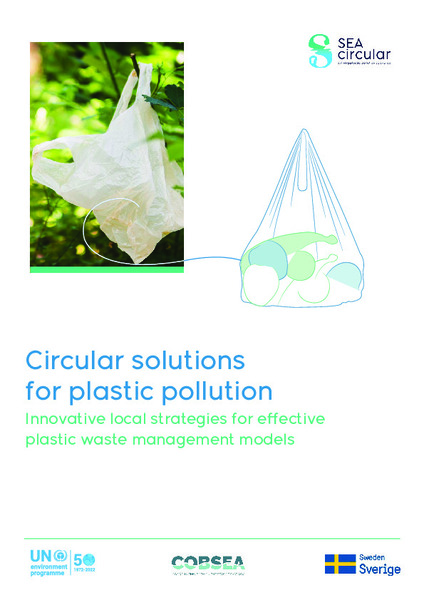| dc.contributor | Asia & Pacific Office | en_US |
| dc.contributor.author | United Nations Environment Programme | en_US |
| dc.contributor.author | | en_US |
| dc.coverage.spatial | Thailand | en_US |
| dc.date.accessioned | 2022-08-29T12:34:26Z | |
| dc.date.available | 2022-08-29T12:34:26Z | |
| dc.date.issued | 2020-10 | |
| dc.identifier.uri | https://wedocs.unep.org/20.500.11822/40521 | |
| dc.description | This good practice case study is part of a series of knowledge products developed by the SEA circular project to showcase exemplary market-based solutions that bring about transformational changes in the way plastic is managed in the value chain. This series captures circular economy approaches, ranging from innovative business models to behaviour change initiatives, to address plastic pollution. These approaches form part of the SEA circular project’s “circularity framework for the plastic value chain”. | en_US |
| dc.description.uri | https://www.sea-circular.org/ | en_US |
| dc.format | Text | en_US |
| dc.language | English | en_US |
| dc.relation.ispartof | SEA Circular Project | en_US |
| dc.rights | Public | en_US |
| dc.subject | plastic waste | en_US |
| dc.subject | waste management | en_US |
| dc.subject | pollution control | en_US |
| dc.subject | Thailand | en_US |
| dc.subject | case study | en_US |
| dc.title | Circular Solutions for Plastic Pollution: Innovative Local Strategies for Effective Plastic Waste Management Models | en_US |
| wd.identifier.sdg | SDG 3 - Good Health and Well-being | en_US |


